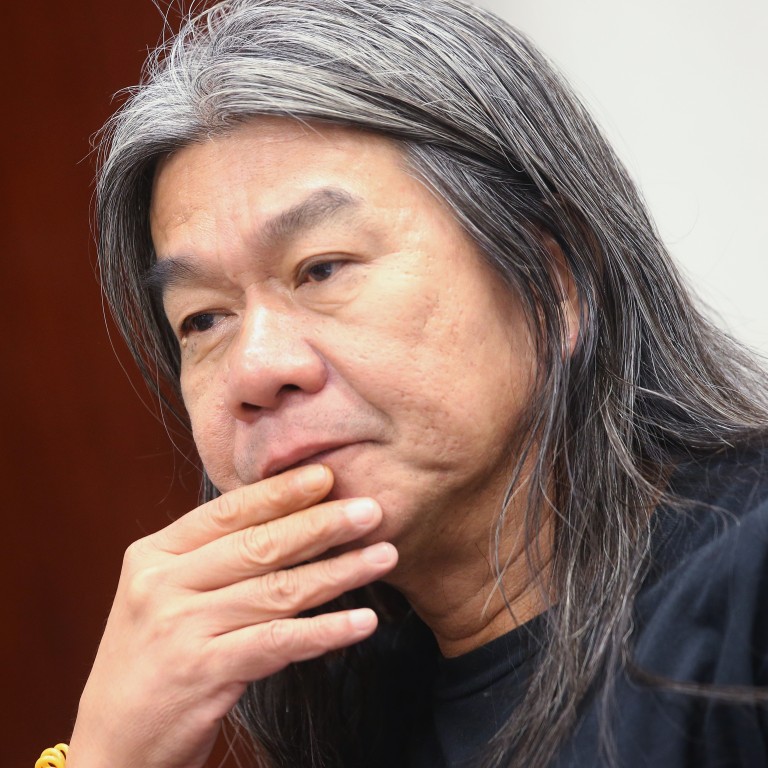
Hong Kong court rules against ousted lawmaker ‘Long Hair’ Leung Kwok-hung in his bid to make filibustering easier in Legislative Council
- Pan-democrat had launched judicial challenge alongside former civil servant Kwok Cheuk-kin
- Pair wanted pro-establishment’s move to reduce number that constituted quorum overturned
A Hong Kong court has ruled against a judicial challenge that would have made it easier for pro-democracy lawmakers to filibuster at the Legislative Council.
The court action was brought by ousted opposition lawmaker “Long Hair” Leung Kwok-hung, and former civil servant Kwok Cheuk-kin, after the pro-establishment camp amended the rules of procedure in 2017, to make opposition lawmakers’ delaying tactics more difficult.
During the trial, Leung and Kwok’s lawyers argued that the change violated article 75 of the Basic Law, which states the quorum for the meeting of the Legislative Council shall not be less than one half of all its members, rendering it constitutional.
But in his judgment on Wednesday, Mr Justice Anderson Chow ruled that the mini-constitution was referring to meetings at the council level, not in committees.

“The council’s powers and functions are much wider than those of a committee of the whole council,” he said.
“The council is a creature of the Basic Law, while a committee of the whole council is a creature of the council.”
The case would have become relevant to the controversial extradition bill that the legislature is set to debate and vote on, if the government had not, to the pan-democrats’ outrage, decided to bypass clause-by-clause scrutiny in committee and take the legislation straight to the full council for vetting.
If passed, the bill would make it possible for Hong Kong to send fugitives to jurisdictions which it does not have an extradition agreement with the city, including mainland China.
Critics at home and abroad have expressed concerns about the possibility of politically motivated prosecutions, and the lack of fair trials on the mainland.
A million people took to the streets on Sunday in protest, with tens of thousands more shutting down parts of the city on Wednesday.
‘Long Hair’ Leung Kwok-hung denied entry to Japan to support Hong Kong activists
The court battle earlier centred on a crucial change to the council’s rule book that reined in the pan-democrats’ frequent tactic of calling for quorum counts to grind proceedings to a halt, so as to block bills or motions they deemed inappropriate.
In 2017, the pro-establishment camp successfully reduced the quorum at Legco’s committee level from 35 lawmakers to 20, making it harder for opposition lawmakers to call off meetings by claiming insufficient attendance.
Leung, who opposes the proposed extradition changes, said he had wanted to help pro-democratic lawmakers filibuster the amendments to the extradition bill, if the court had ruled in favour of him and if the bill committee had still been in place.
“It is the Legco’s responsibility to scrutinise the government,” he said. “Now it is easier for bills to be passed because the quorum is lowered.”
Leung and his lawyers have yet to decide whether to appeal against the decision.

